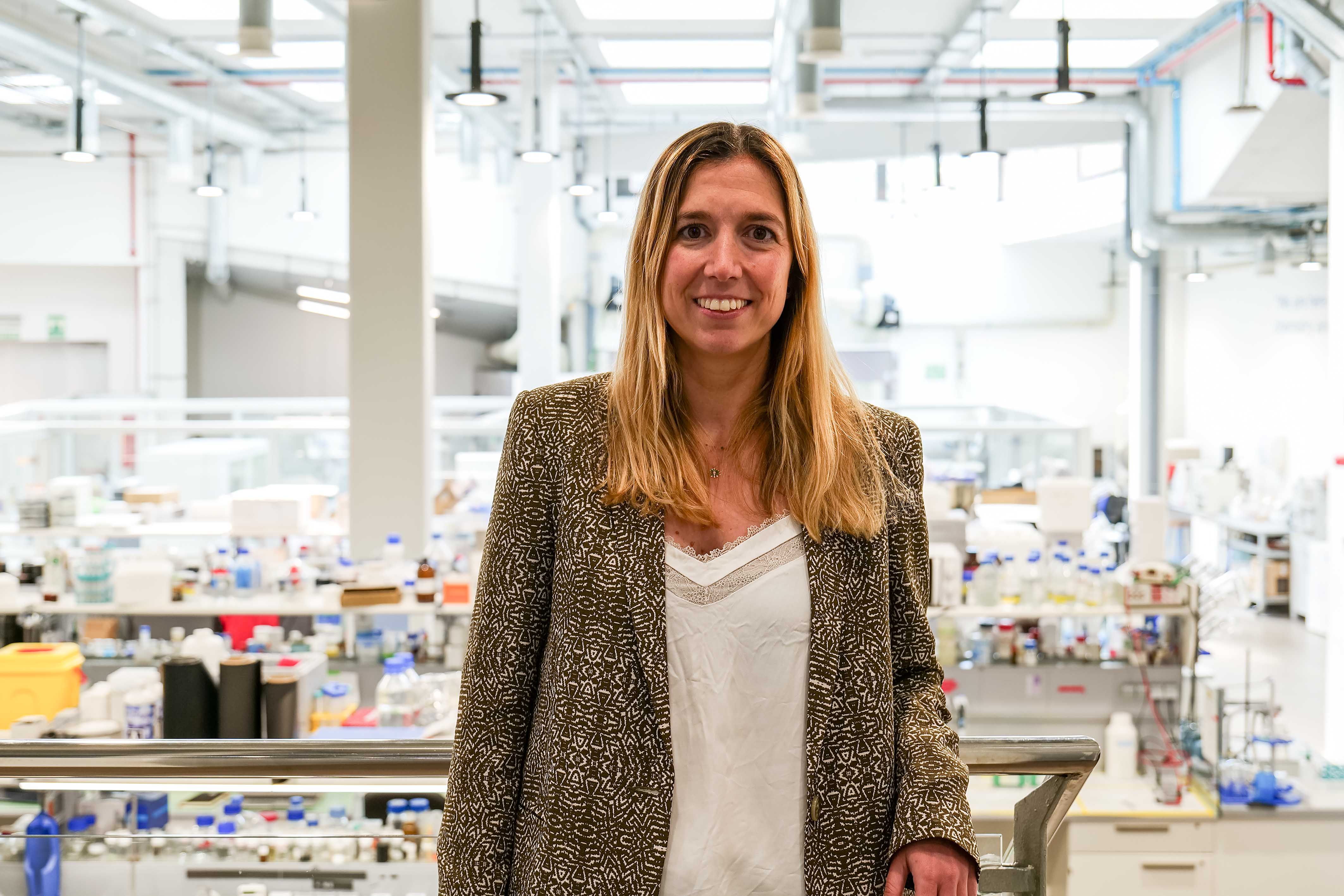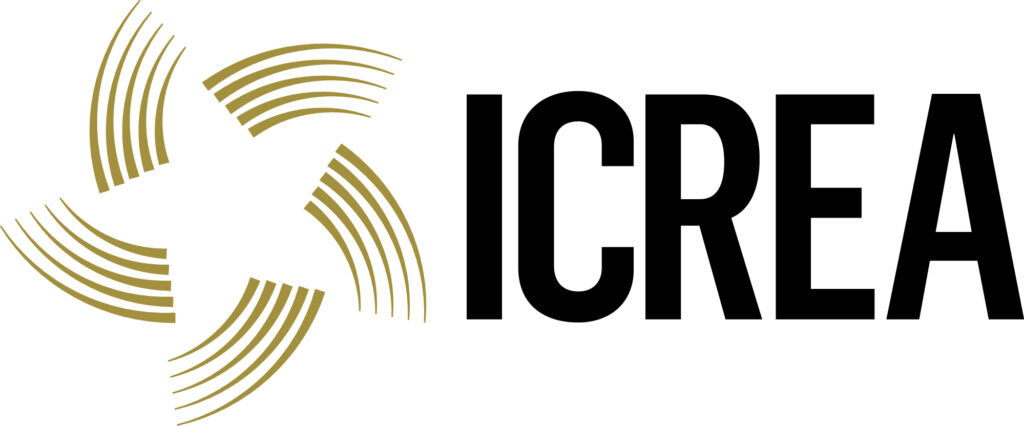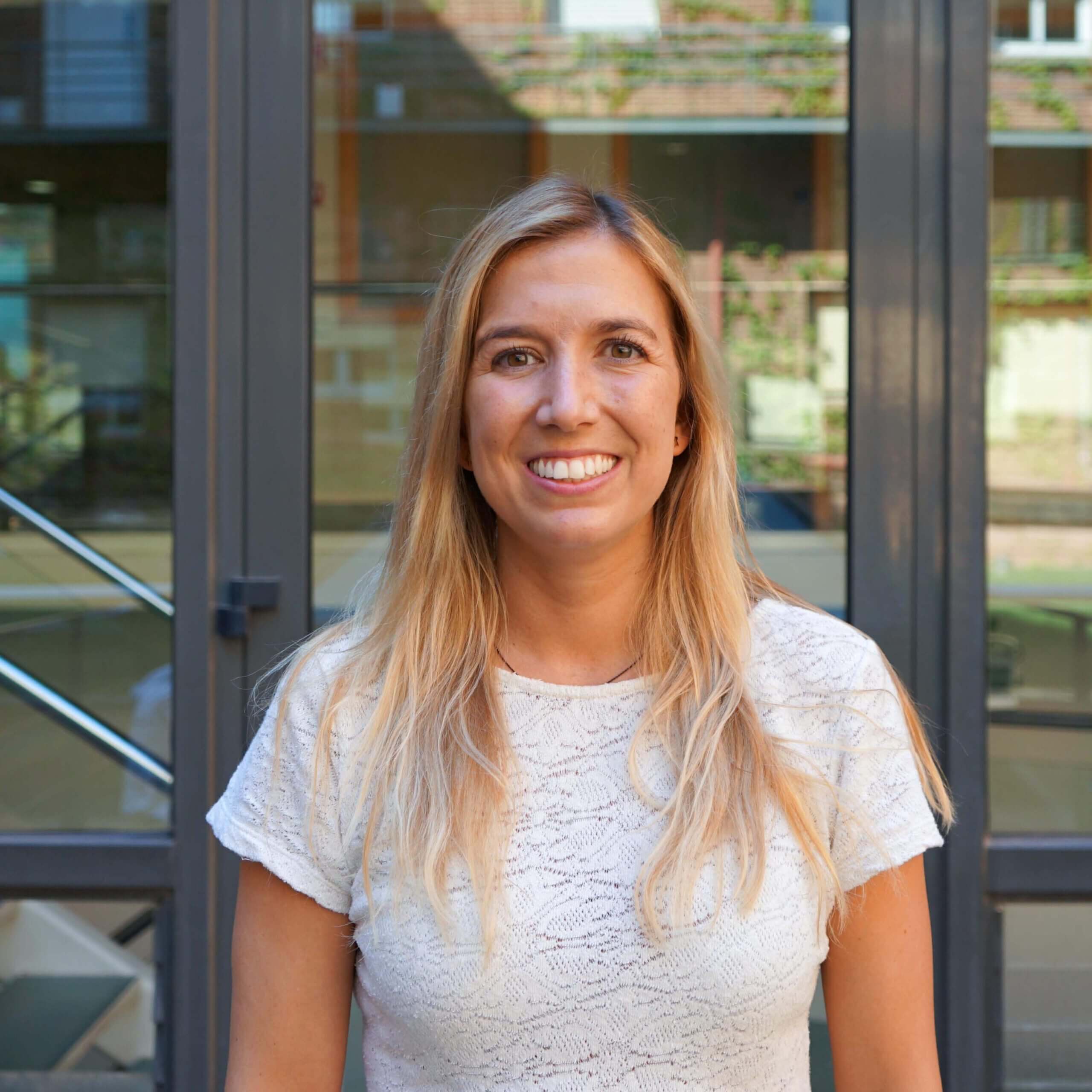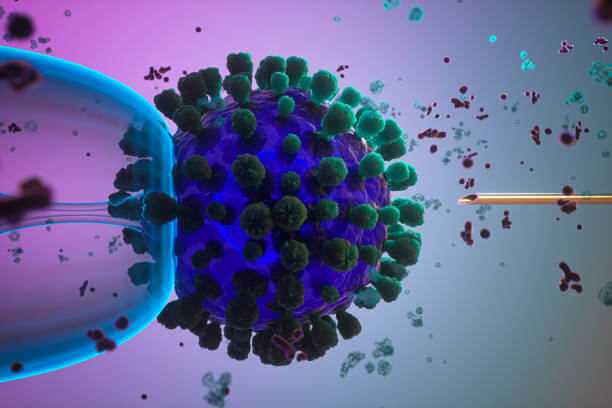In 2024, ICREA Academy has once again awarded the research excellence of two researchers from Ramon Llull University (URL): Dr Cristina Fornaguera, from the IQS School of Engineering-URL, and Dr Pedro Rey, from ESADE-URL.
"It's an honour to form part of the main group of excellence in research in Catalonia"

The ICREA Academy program was launched in 2008 to intensify the research conducted by university professors who teach yet also wish to expand their research activity. The ICREA Academy grants represent a research grant for a period of five years. In the 2024 call for applications, 50 new grants were awarded across all universities in Catalonia, added to the 439 professors who have received an ICREA Academy grant since 2008, forming a dynamic community of scientists and researchers from all areas of knowledge who contribute to the progress of humanity.
Dr Cristina Fornaguera Puigvert, a PhD in Pharmacy, professor with the IQS Department of Bioengineering, and a researcher with the IQS Materials Engineering Group (GEMAT), is the second IQS researcher to receive this ICREA Academy award, following Dr Santi Nonell Marrugat. Dr Fornaguera leads the Nano Therapies Lab at IQS, where they conduct research based mainly on the design, preparation, and validation of nanomedicines to control interactions with physiological barriers with the aim of improving and controlling the administration of drugs for unmet medical needs.
You are a rather young researcher and you are already the second ICREA Academy grant winner representing IQS-URL: What does it mean for you to have received this recognition and to be able to form part of the ICREA community?
It’s an honour for me to have received this highly competitive recognition from the Government of Catalonia. And it’s true, they’re often given to researchers with much longer careers than my own. It was quite a surprise. It’s certainly a recognition of my short career, yet it has been solid enough to earn the grant even though it was only ten years ago that I finished my doctorate in Pharmacy with a Drug Research and Control programme at the University of Barcelona (UB). I’m really proud to have already achieved this and to form part of the main group of excellence in research in Catalonia. I look forward to representing the organization the way it deserves.
What do these grants entail?
The idea behind these grants is for the research activity of the person to whom they have been awarded to increase during the five-year period for which they are awarded. This means that IQS will relieve me of other tasks such as teaching and management so I can devote more of my time to my group’s research and give it a solid boost.
Does it cover a specific project? Is it a continuation of your current research?
It’s not a project in itself. I would define it more as a few lines or guidelines of where the group’s research is seeking to go over the next five years. It’s all related, of course, because each project they award us with a grant will be a small part that contributes and will continue to contribute to the “ICREA project” as a whole.
“It’s a really important grant to intensify excellence in research”
But the economic aid is really significant. It lasts for five years, which must be dedicated mainly to intensifying research excellence and which has two purposes: one is a greater temporary dedication to this research, and the other is the fact of being able to hire people who can take on the teaching tasks of the ICREA researcher in order to achieve the first objective.
Therefore, for me, this ICREA Academy grant represents energy, time, and the possibility of providing more resources and people to our research lines, currently within a group with a considerable number of researchers. Thanks to my greater dedication to research, we will be able to strengthen our Nano Therapies Laboratory with more postdoctoral researchers and doctoral students, which will allow us to grow as a group of researchers and help increase our scientific contributions and our impact on society.
“The ICREA grant will allow us to grow as a research group and increase our scientific contributions and our impact on society”
Of the excellence criteria that ICREA Academy assesses, which one was rated highest in your case?
Grants are awarded according to excellence criteria, such as the candidate’s publications and their importance; the projects he or she leads and his or her leadership capacity; international visibility; and their research plan, among others.
I would say that in my case, the best assessment was the recognition for international projects. The fact of being the coordinator of a European TRANSCAN3 project (ERA-NET Cofund) such as TUMOROUT, and being part, as group leader, of the CHIMERNA consortium, was what gave me the best rating, as well as my ability to lead not only nationally, but also internationally.
My participation in mentoring activities in the training of new researchers was also highly valued, as well as my capacity for scientific production and participation in outreach activities, two very strong points in our group.
As a professor and as a researcher, what does this grant represent for the future of your research?
It will help us strengthen our research focus, which entails designing different types of formulations of nanoparticles, as well controlling their interaction with the other parts of the human body to understand where these nanoparticles are going and with which kinetics they are acting. For example, in the ZWIRNA project under the national plan, which we are now closing, we have developed polymeric particles that can be inhaled and, by crossing the mucosa of the lungs, go to the cells of the immune system to act as vaccines. In this case, it is very important to understand how the particles interact with the mucosa.
In another line of research, we are studying particles that, once injected, do not cross the placenta and can be safely administered to pregnant mothers diagnosed with breast cancer without producing toxicity to the foetus.
What would you include in your “Christmas wish list” for the next five years?
Regarding management, I hope to be able to build a “large” research group and be able to expand it with postdoctoral researchers, because they are highly educated individuals who can help continue to train new researchers and grow our group. I would also like to be able to add a project manager to help us better manage the development of all the different projects.
“I would like to expand the range of particles for the release of RNA in different applications”
And in the scientific field, I would like to expand the range of particles that we currently have for the release of RNA in different applications, especially focused on oncology (lung cancer, colon cancer, and melanoma), our strongest point right now, in breast cancer treatments for pregnant women (avoiding crossing the placenta and affecting the foetus), and in neurological diseases. These are the three unmet medical needs on which we are primarily working within our group.
And it would also be a dream for me to see how our formulations reach clinical phases and to be able to contribute our little grain of sand to give hope to patients who currently have no effective therapeutic possibilities.












